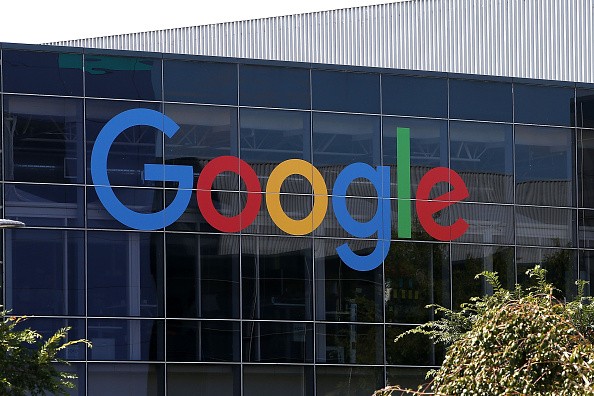Google's reorganization has dawned a new age of leadership at the Silicon Valley. After the separation of Alphabet along with extra responsibilities like Calico, Nest, Fiber Google X, Google Ventures and Google Capital, this transformation has become complete. The empire no longer needs hot headed-nerds to kick-start its flight, but congenial superiors to maintain its altitude.
Google has come a long way since the company first laid its roots in a garage. The tech titan's success, without a doubt, owes a great deal to the efforts and policies of its founders, who not only did serve as the administrative body but also built the code that makes the world's most powerful search engine soar. However, genius comes at a price and visionaries have to make tough decisions without an empathic barrier.
Google partners and employees concur to the thought. "He could come off as very harsh," said a person who has met Larry Page many times and extend that he possess a zero EQ. Likewise, Bruno Bowden who surfed eight with the tech giant uses less charitable sentences to describe insensitivity of the Google founders.
There is a similar story associated with Microsoft's founder, Bill Gates and the mind behind the Facebook, Mark Zuckerberg. Many successful multi-billionaire tech companies, if not all, bear the hand of a mastermind behind their powerful multi-national status. For Google, the aggressive entrepreneurship has become saturated as more zealous members of the team have moved up the family tree.
Google's new CEO Sundar Pichai is emerging as a charismatic leader, while Larry Page and Sergey Brin envisage new ventures under the shadow of the Alphabet. The Indian-born Google CEO made a dramatic entrance, introducing the new Google smartphones and breaking the ice on the Android Marshmallow, which proved that he's not just a figurehead. According to Bowden, "Sundar is a rare example."
More importantly, Pichai made decisive changes on the organizational level, Recode reported. He has nested himself among the like-minded people who are less assertive and less abrasive. Based on what's known about these newest leaders of Google subsidiaries, he has not made these promotions based on just talent but sociability as well, with a good communicational presence both inside and outside the company. They are known for their critical thinking, reliability and congeniality.
Hiroshi Lockheimer was appointed as the new head at Android last year with additional responsibilities of the Chromecast streaming service and the Chrome OS, while Philipp Schindler is to run Google's massive sales and operations as the SVP. Both persons have been paying untiring services at Google for years, staying low-profile all this time out of their polite nature.
Rick Osterloh, president of Motorola describes Lockheimer as "a terrific guy" and "very likable." Michael Chan, CTO of Nextbit System, which deals in Android handset manufacturing, thinks that Hiroshi is "good for Android" and by far is the best person to lead the franchise.
People in ad industry cherish Schindler with similar a regard with strong admiration for his business acumen. Jonathan Nelson, CEO of Omnicom Digital describes him as "smart, personable," and, "easy guy to do business with."
According to another report from Recode, the employees and the partners might be happier that Google has become a better place to be, but there's no denying the fact that the search giant wasn't possible without the ego and pride that was required from the then leaders. There's also a concern that this softer environment at Mountain View could lead to a less promising outcome, but experts are hopeful that the future of Google with Sundar Pichai is completely safe.



























